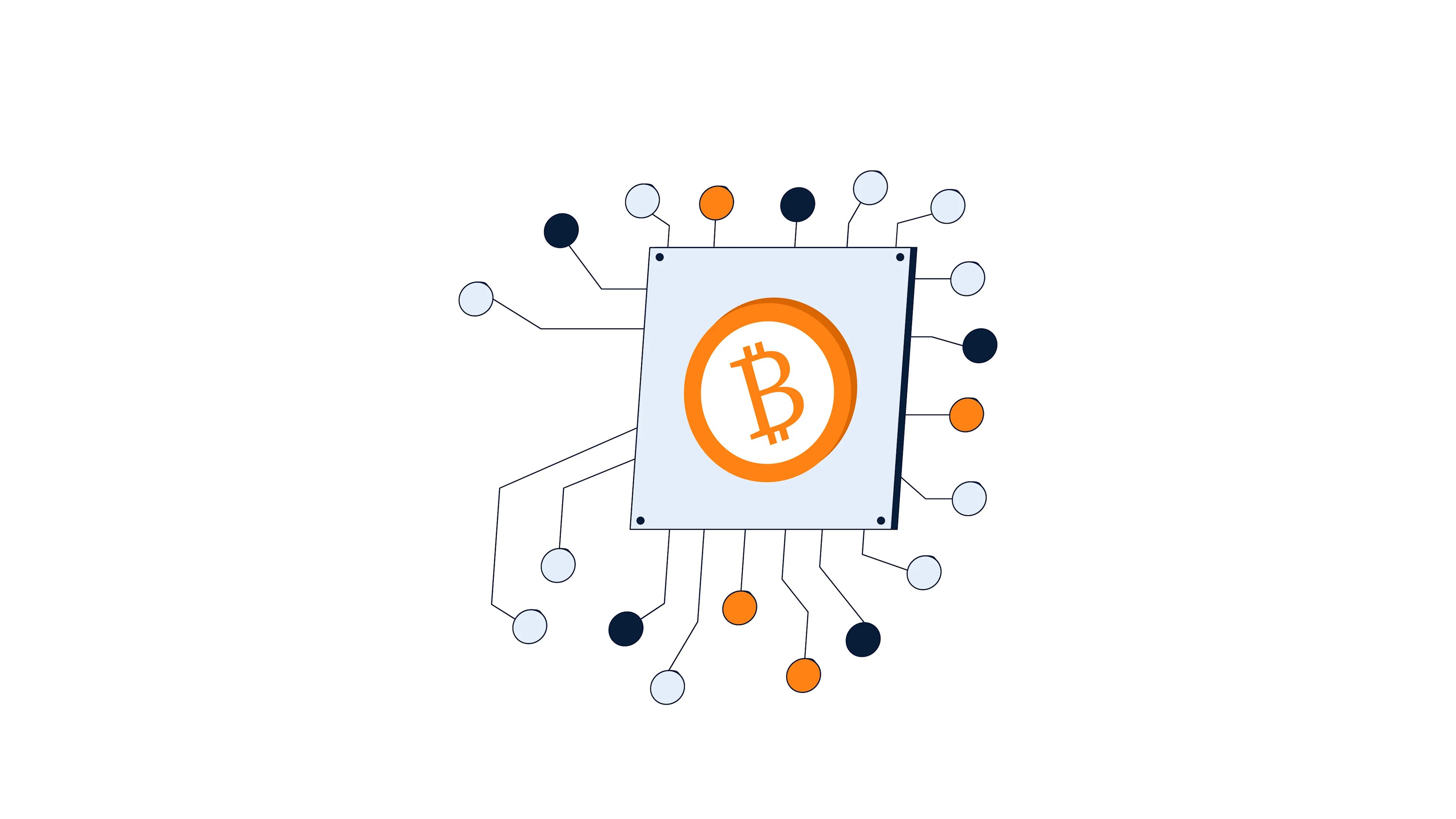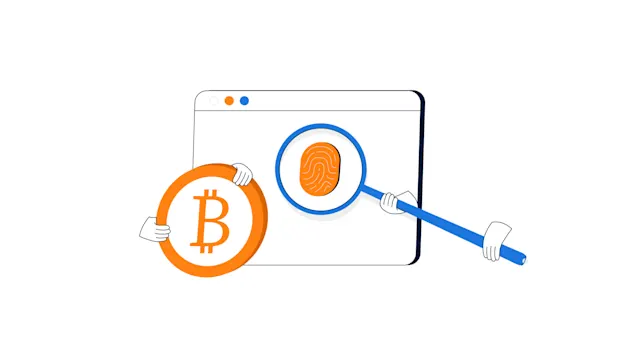
Bitcoin Nodes
A node is just a computer that is running the Bitcoin program. More importantly, it is connected to other computers (running the same program) to create a network. The Bitcoin Network is composed of Bitcoin nodes: computers running the Bitcoin program.
A node is just a computer that is running the Bitcoin program. More importantly, it is connected to other computers (running the same program) to create a network. The Bitcoin Network is composed of Bitcoin nodes, i.e., computers running the Bitcoin program.
A Node's job is very simple yet very important. Essentially the node has three jobs:
1. Follow the rules: Each node is programmed to follow a set of rules. Following these rules means a node is able to check the transactions it receives and pass them along if the transaction is good. If there are any problems, the transaction isn’t passed on. For example, one rule is that a person must own an equal or greater amount of bitcoins than they are trying to send. So if your node receives a transaction where someone has tried to send more bitcoins than they own, the transaction won’t be passed on to other nodes.
2. Share information: A node’s main job is to share information with other nodes, and the quintessential information a node shares is transactions.
3. Keep a copy of confirmed transactions. Each node stores a record of all confirmed transactions on the blockchain.
So to recap, when a transaction is initiated, it is spread to every node on the network. The nodes then have to verify it by checking that the sender has sufficient funds and is authorized to send them. If both these conditions are met, then the transaction is deemed valid.
The strength of the Bitcoin network increases as the number of nodes increases. So even if a few bad actors validated a transaction falsely, thousands of other nodes would not, and the transaction would not be confirmed. This makes the probability that a false transaction is recorded extremely low.



